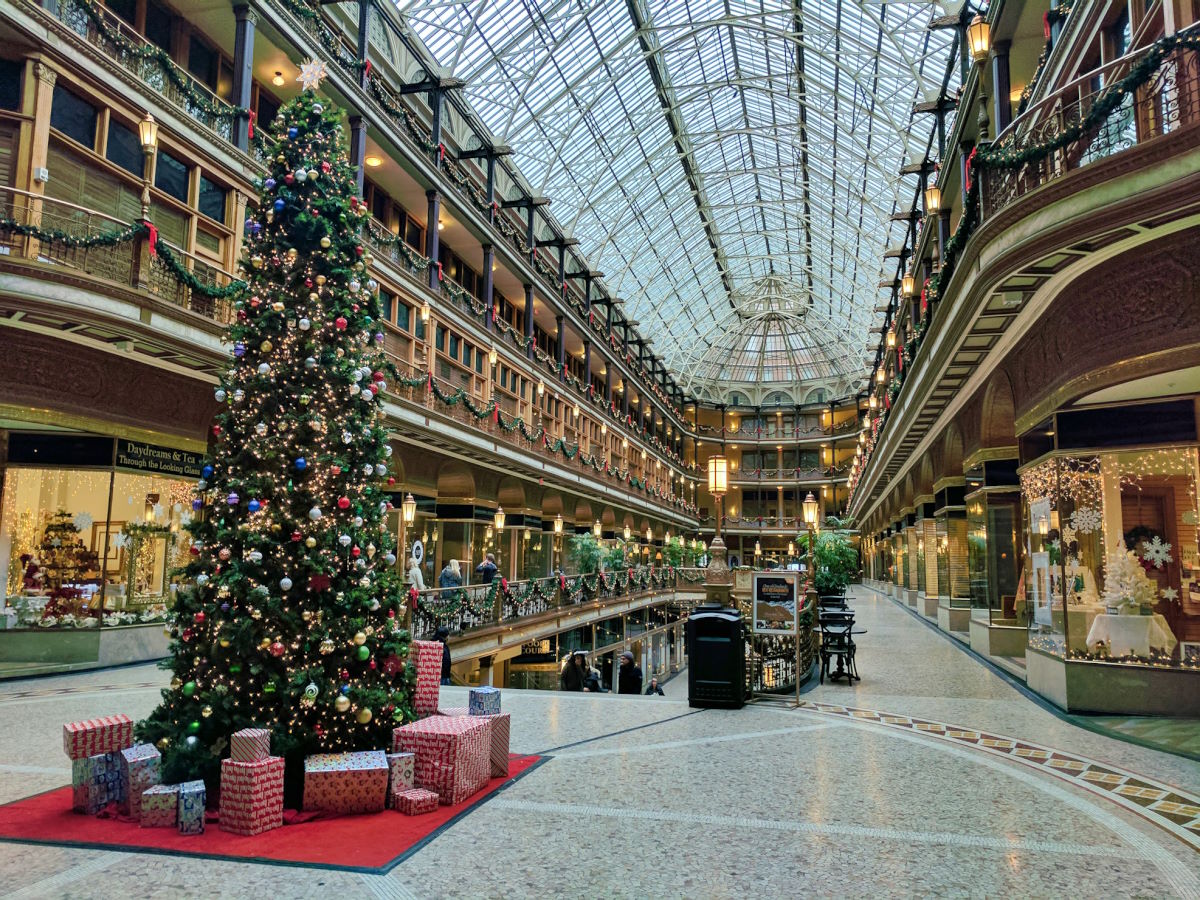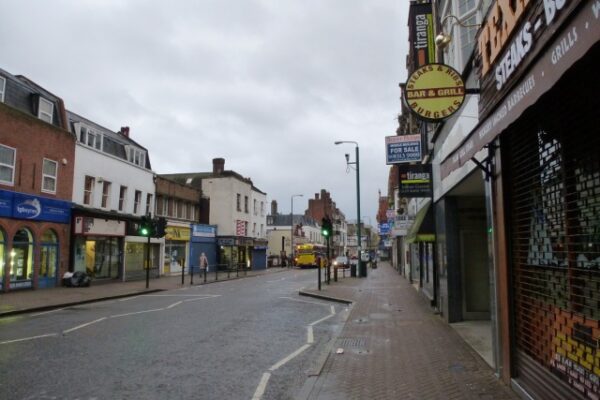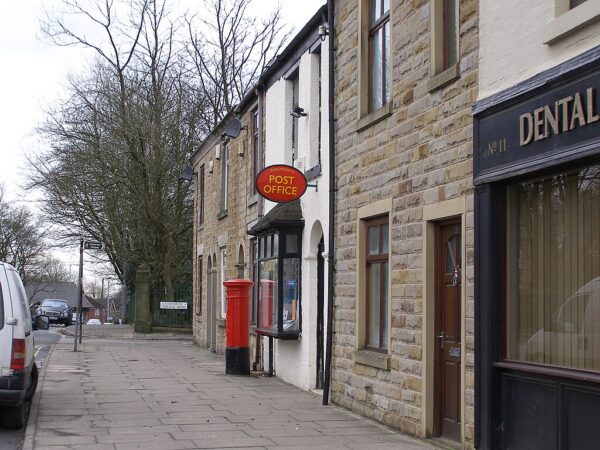Hopes of a bumper Christmas for retailers have been squashed amidst an unexpected 3.2% slump in December sales, leaving the UK in a mild technical recession at the end of last year. This defies more positive predictions made by analysts following a 1.4% increase in November, as consumers made an early start on food and gift shopping, with some taking advantage of Black Friday discounts.
December’s decrease was the largest monthly fall since January 2021, when coronavirus restrictions affected sales. Total non-food store sales volumes fell by 3.9% in December 2023, from an increase of 2.7% in November 2023. Retailers reported that part of the fall over the month to December was because of consumers purchasing gifts earlier than usual, in November.
Within the non-food sector, department stores sales volumes fell by 7.1% in December, with retailers reporting quiet trading in the post-Christmas period and a reduction in the sales of household goods.
Other non-food stores sales volumes fell by 4.5% over the month, largely because of falls in sports equipment, games and toys stores, and watches and jewellery stores. Respondents reported a slow December because of cost-of-living pressures and reduced footfall.
Household goods stores sales volumes fell by 3.0% in December 2023, mostly because of a strong monthly fall in hardware stores. Respondents again cited the difficult economic climate with customers spending less on average.
Clothing stores sales volumes fell by 1.5% over the month as retailers commented on a tough trading month, alongside the effect of starting their sales period earlier than usual.
British Retail Consortium Response
According to the ONS, overall for 2023 (on a year-on-year seasonally adjusted basis) sales by value (amount spent) increased 2.3%, primarily due to rising prices, whilst sales by volume (quantity bought) decreased 2.1% YoY
Kris Hamer, Director of Insight at the British Retail Consortium, said: “A drop in retail sales volumes in December capped a difficult year for retailers, with sales volumes across 2023 below those seen in 2019. Black Friday sales ate into Christmas spending, while the high cost of living meant some households had to cut back on festive gifting.
“Efforts to bring down inflation faltered in December, with rises in clothing and footwear and alcoholic beverages and tobacco products. Despite retailers’ efforts to deliver an affordable Christmas for everyone, high input costs increased inflation rates in furniture and household equipment. There was a ninth consecutive fall in the inflation rate for food, relieving some pressure on struggling households. Meanwhile, gifting was made cheaper by the falling price of footwear and toys.
Nevertheless, Kriss continued saying: “Electricals and Furniture performed weaker than hoped, and even food saw smaller growth as many households traded down to cheaper brands . However, with inflation on a downward trend, and wages slowly rising, retailers hope that consumer confidence and sales volumes will bounce back in 2024.
“Retail is a vital part of the ‘everywhere economy’, serving the communities of every village, town and city in Britain. This is why it’s essential that political parties of all stripes have a clear and cohesive plan for retail as they make their pitch to the public ahead of the next election. Retail accounted for over £462bn in spending, employs around three million people, and contributes billions to the UK tax base.”
Pattern of high street decline that must be reversed
Looking back over the past two years, the ONS reports that a 3.4% annual drop in sales volumes in 2022 was followed by a 2.8% fall in 2023, meaning retail sales are at their lowest levels since 2018.
Chancellor Jeremy Hunt is now under increased pressure to relieve the burden faced by Britain’s high streets and retail parks, which are bearing the brunt of sky-high rents, business rates – which are due to rise again in April – cost-of-living price increases and, more recently ,the threat of wholesale shipments being held up in the Red Sea and Panama Canal.
The British Retail Consortium (BRC) has warned that retailers will face a number of extra costs this year, fuelling concerns that even more shops will go bust, amidst a continually rising stream of insolvencies as a result of the pandemic and multiple lockdowns. The potential of a new grocer surtax in Scotland is also hanging over Britain’s north.
Meanwhile, throughout the UK, rocketing instances of shoplifting and violence towards retail staff is further demoralising a sector that is absolutely crucial to the socio-economic fabric of the United Kingdom. This is all happening amidst the departure – amounting to a mass exodus – of banks from the high street and the hideous scandal embroiling Royal Mail and the Post office.
Soaring prices have pushed inflation up by over 16% in two years, forcing consumers to cut back on their shopping baskets, with even food and fuel sales down as Brits battened down the hatches and kept a close grip on their purse strings.
The psychological impact of sustainability drives is also affecting consumer willingness to spend on non-essential items and especially products manufactured out of plastic or with excessive plastic packaging.
Hope is not lost, however, as businesses look ahead to the March budget – praying, perhaps, that it will bear some positive news – and interest rate cuts that are forecast from June. Inflation is also expected to fall by then, helping to support a recovery in the second half of 2024.
Whilst the negative news may be unwelcome, perhaps it will finally galvanise politicians and the public alike into rallying in support of independent retailers as 2024 unfolds.

















